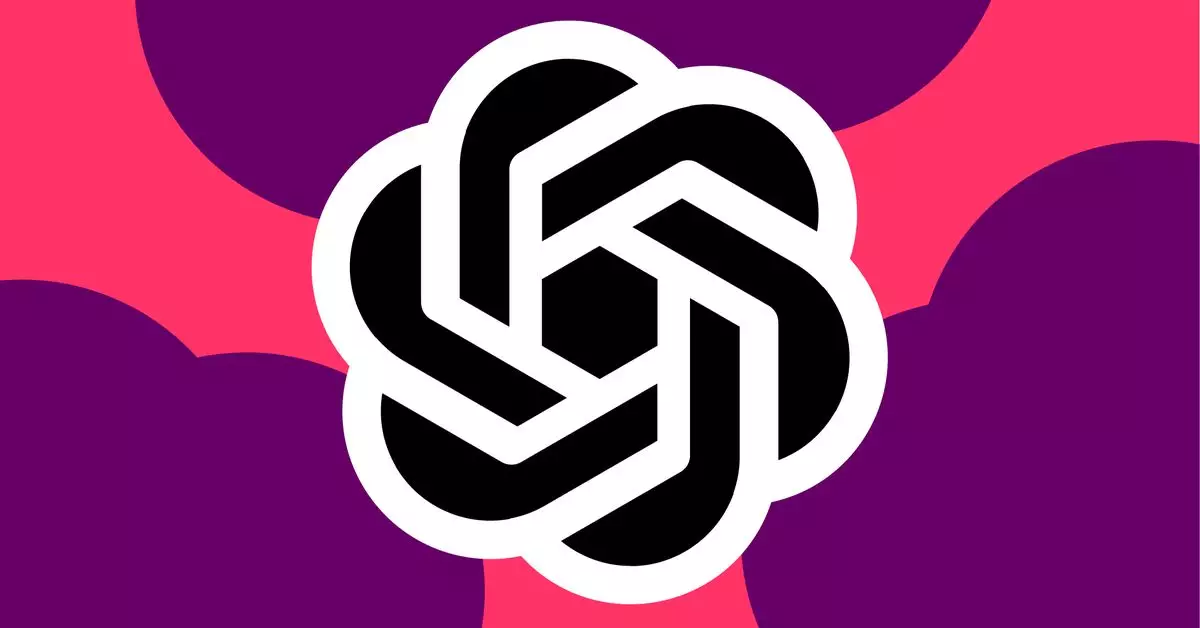ChatGPT, OpenAI’s flagship conversational AI model, has become an indispensable tool for many users across various sectors. However, recent outages have raised concerns about the reliability and stability of this AI service. Reports flooding social media indicate that users have encountered significant accessibility issues, such as prolonged loading times and frustrating “internal server error” messages. These disruptions have attracted widespread attention and criticism, placing a spotlight on the technical challenges faced by service providers in the increasingly competitive AI landscape.
The most recent outage on ChatGPT commenced around 1:30 PM ET, as suggested by reports on Down Detector — an online platform tracking real-time service interruptions. This initial spike alerted users to the developing issue, as many found themselves unable to interact with the chatbot effectively. By 2 PM ET, OpenAI acknowledged the problem on their status page, confirming that ChatGPT and its related services, including its API and the newly-launched text-to-video generator Sora, were experiencing “high error rates.”
An update at 2:18 PM ET further clarified that the root of the issue originated with an upstream provider, indicating that external factors were contributing to the technical difficulties. Continued communication from OpenAI revealed that they were actively monitoring the situation and attempting to rectify it, yet no estimated time for resolution was provided as of 3:06 PM ET. The lack of concrete information during the outage undeniably amplifies user frustration and fuels skepticism regarding OpenAI’s operational reliability.
Patterns of Disruption
This incident isn’t isolated. The accessibility issues with ChatGPT occur against a backdrop of previous outages, including a significant downtime just shortly after the launch of Sora, approximately a month prior. Such recurrent problems not only challenge user trust but also undermine the competitive edge that OpenAI seeks in an increasingly crowded field of AI solutions. Notably, a significant outage in June of this year similarly impacted numerous AI tools, raising questions about the robustness of the underlying technological infrastructure that supports ChatGPT and its various outputs.
These downsides highlight a critical vulnerability within the artificial intelligence domain. As AI applications become more central to everyday operations—ranging from personal use to business applications—issues like extended downtimes can have serious repercussions. Users relying on AI for creative, professional, or even essential tasks may find themselves sidelined by such inconsistencies. The importance of maintaining a seamless service experience is not merely a matter of convenience; it is critical for user retention and satisfaction.
The recent outages of ChatGPT serve as a crucial reminder of the challenges facing AI service providers. As technology continues to evolve, companies must prioritize not only enhancing their capabilities but also fortifying their infrastructure to mitigate future disruptions. For users, these incidents underscore the importance of remaining patient but vigilant, advocating for more transparency and reliability as reliance on such technologies becomes integral to more aspects of our daily lives.


Leave a Reply